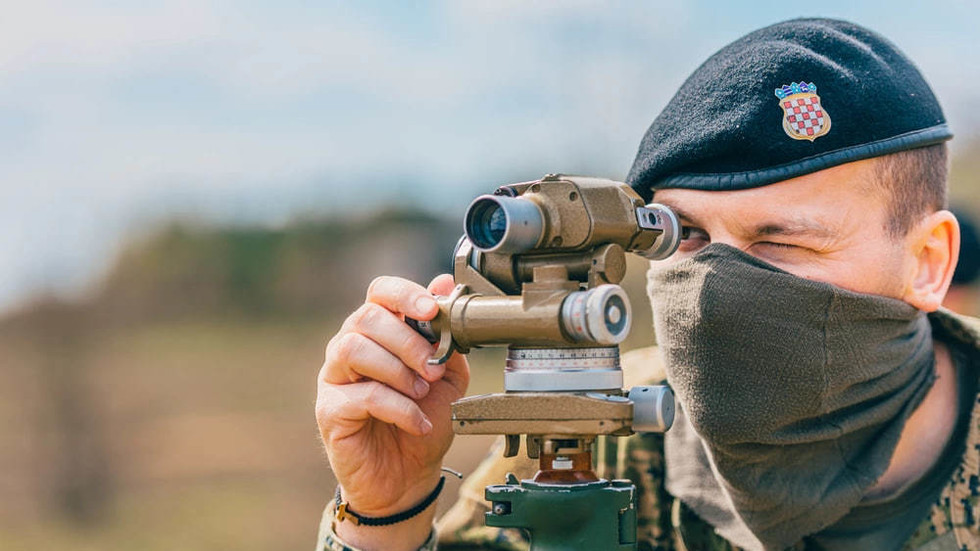Croatian President Zoran Milanovic has made headlines for his firm stance against sending troops to join NATO’s military command that provides aid to Ukraine amid its ongoing conflict with Russia. Since Croatia’s entry into NATO in 2009, the country has navigated its role within the alliance cautiously. Milanovic argues that contributing any personnel to the NATO Security Assistance and Training for Ukraine (NSATU) command, which is based in Wiesbaden, Germany, would entangle Croatia in a direct military confrontation with Moscow, a scenario he is keen to avoid. Despite the Croatian government’s pro-Ukrainian stance, which has seen it supply weapons and helicopters to Ukraine, Milanovic remains resolute in his decision to keep Croatian soldiers out of activities that could incite war.
The rift between Milanovic and his government, led by Prime Minister Andrej Plenkovic, reflects deeper political divisions within Croatia regarding its foreign policy direction. Milanovic has publicly criticized the decision to send troops to any NATO operations that could be interpreted as supporting a non-NATO member in a conflict. He justified his position by emphasizing that any involvement, no matter how minimal, could compromise Croatian national interests. The president contends that Croatia’s obligations to its NATO allies do not extend to putting troops in harm’s way for a conflict that does not directly threaten Croatia’s security.
NATO officials have reiterated to Milanovic that the NSATU command was established during the Washington summit in July and that participation would not imply sending troops into Ukraine. They maintain that the military aid extended to Ukraine does not equate to NATO’s involvement in hostilities, asserting that the alliance is merely supporting a partner through training and resources. However, Milanovic remains skeptical, suggesting that any presence of Croatian personnel, even in a supportive role, is akin to taking sides in a conflict that the nation should remain aloof from.
Under Croatia’s constitution, Milanovic holds the authority to prohibit the deployment of troops abroad, a power that adds complexity to the situation. The Croatian cabinet could potentially override his veto with a significant majority in parliament, but the ruling coalition currently counts only 78 of the 151 lawmakers, making it unlikely they would succeed without considerable negotiation and consensus-building. Milanovic has been quite vocal about his right to refuse troop contributions, positioning himself as accountable solely to the Croatian public while rebuffing pressures from international organizations like NATO and the EU.
Historically, Milanovic has voiced opposition to NATO’s policy of arming Ukraine, arguing that it exacerbates tensions instead of promoting dialogue. His criticisms have extended beyond military matters to encompass the broader dynamics within the EU, where he has taken issue with how Brussels interacts with its members, such as Poland and Hungary. Milanovic’s remarks describing Croatia’s treatment by the EU as analogous to a “retarded” child underscore a perception that the president feels is dismissive, reinforcing his determination to assert Croatia’s sovereignty and decision-making authority on the global stage.
In summary, Zoran Milanovic’s firm stance against troop contributions reflects a broader narrative of national sovereignty, political conflict, and differing perspectives on foreign policy within Croatia. While the ruling government fosters stronger ties with NATO and support for Ukraine, Milanovic’s alignment with a more cautious approach suggests a tension between national interests and international obligations. His presidency underscores the complexities that arise when national leadership encounters the realities of coalition politics, national security, and international expectations in the fluid geopolitical landscape of Eastern Europe.

